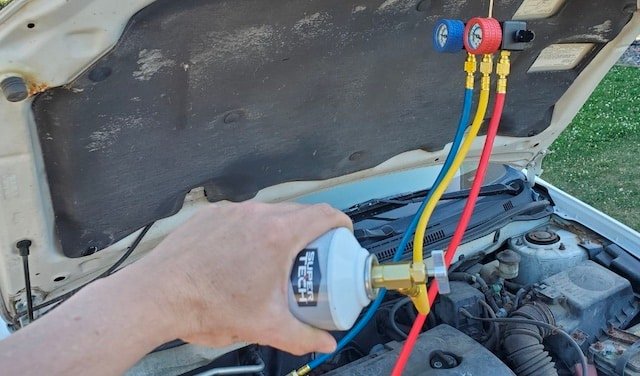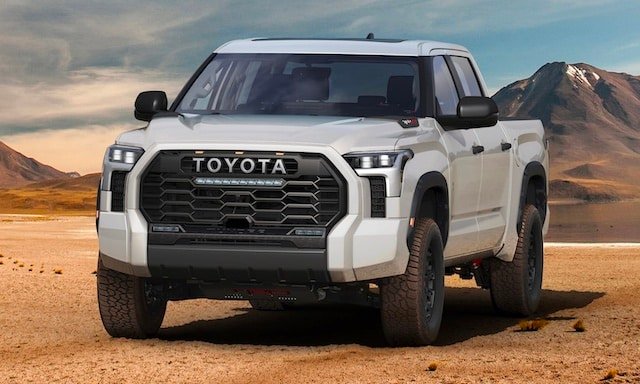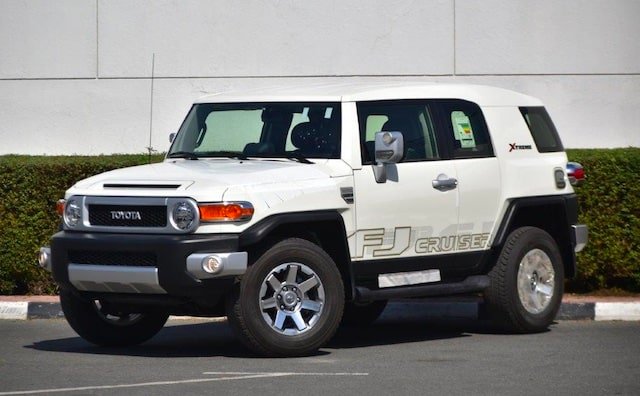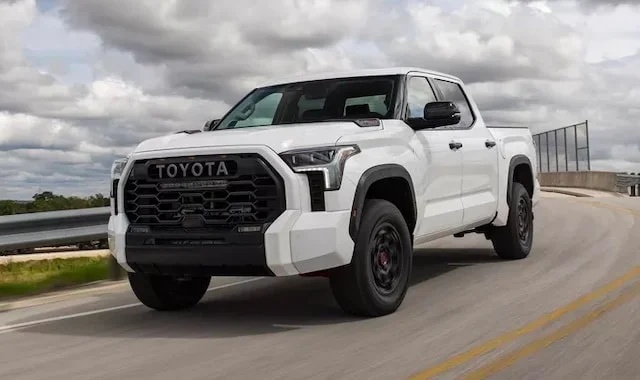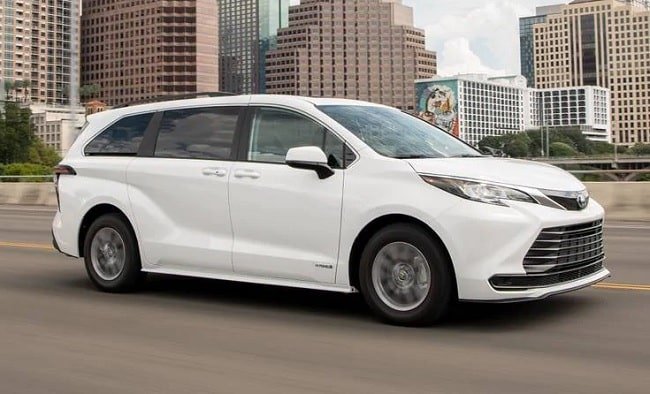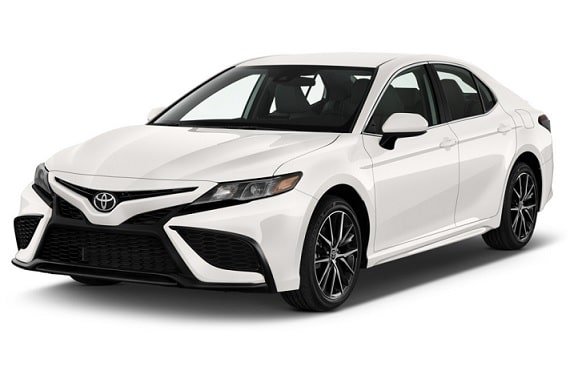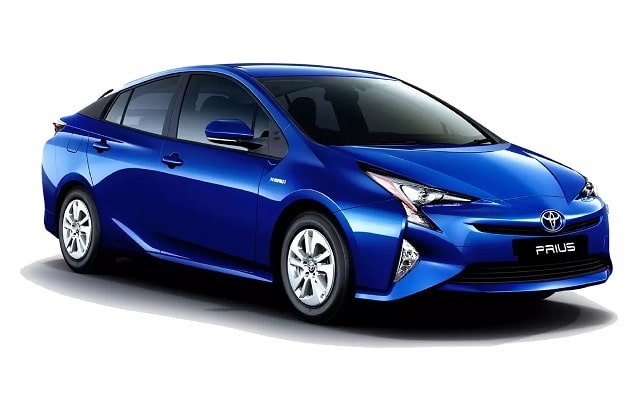Only a few things can be more frustrating than having a hard time starting your Toyota Corolla. It is more frustrating if your car develops engine problems without warnings. And when that happens, calling on your mechanic is usually the first thing that comes to your mind. But that might not be necessary in all cases.
There are times when the problem is a minor one that you can fix on your own. It’s all down to figuring out what the problem is. In this article, we’ll be looking at some of the common reasons why Toyota Corolla vehicles crank endlessly without starting. More importantly, we’ll be teaching you some tricks to try to get the problem solved.

- Toyota Corolla Engine Cranks But Doesn’t Start: Common Causes
- Insufficient fuel distribution
- No spark
- Blocked airflow
- Wrong connection with the starter motor
- Toyota Corolla Won’t Start but Cranks: How to Fix
- Clean the airflow filters
- Check the fuel pipes
- Check your spark plug
- Ensure the starter motor connects properly
Toyota Corolla Engine Cranks But Doesn’t Start: Common Causes
During the production of the Toyota Corolla’s engine, several technicalities went into place, giving the final production. Certain situations will cause your Toyota Corolla to crank and not start. This section will highlight the majority of the common causes and sub-causes.
Insufficient fuel distribution
Like every other Toyota branded car, fuel is the primary energy source for powering the vehicle’s motor. The detonation of the fuel coming from inside the engine’s cylinder is the driving force that pulls the piston down, moving the crankshaft, and finally giving your car the needed motion.
Under normal circumstances, when fuel is unable to reach the engine, it will result in lack of combustion and stop the engine from starting. This will cause the Toyota Corolla’s engine to crank and not ignite for the car to operate. Alternatively, blockage to the fuel injectors, leakage in the fuel lines, or a bad fuel pressure regulator can also result in engine cranks rather than starting the car.
No spark
If you have properly checked and found no fault in the fuel distribution (no leaks or clogs), the next thing you should observe is the spark plug. Immediately the fuel and air are well mixed in the engine, the compression and spark detonate the mixture, thereby starting the engine, giving power to the car. The spark plug lights (or sparks) at the precise time to detonate the mixture.
When the spark plug fails to detonate, it will result in cranks rather than an engine start. At other times, the sparks might be generated at the incorrect moment, which prevents the engine from starting. The reason for this may not be the battery since the engine cranks when the key is turned.
The major cause of this is the inaccurate spark by the plug, which causes stalling and failure to start. Another reason is when the crankshaft position sensor has malfunctioned or has become faulty.
Blocked airflow
If the fuel gets to the Corolla’s engine and you are also certain the spark plug functions properly, the amount of fresh air coming into the engine might be insufficient. Proper airflow within the engine allows for smoother drive and proper mixture with the fuel for combustion when the key is turned. When these conditions are not met appropriately, it will cause the cranks you notice when you try starting your car.
Blocked engine airflow is a result of a clogged air filter. However, with an in-depth look, the more likely reason for such problems is due to a faulty sensor. Carbon debris disrupts the Mass Airflow sensor and the O2 sensors, which detect the engine’s air intake. Disruption of these sensors causes the computer’s information not to be adjusted for the air/fuel ratio. A disrupted sensor is unable to transfer the necessary information to the engine control module.
Wrong connection with the starter motor
Even with the right fuel supply, airflow, spark, and electricity in the battery to run the motor, a wrong starter motor connection will cause the engine not to start, thereby causing cranks. The Toyota Corolla’s starter motor is a small but useful car component that engages the large and heavy flywheel.
Turning your key in the ignition and getting an unresponsive start but cranks could mean the starter motor’s teeth are not meshing properly with the car’s flywheel. Without a fix to this vehicle’s component, cranks will be detected with failed starts in your Toyota Corolla.
Toyota Corolla Won’t Start but Cranks: How to Fix
It could be very frustrating if your Toyota Corolla fails to start in time, especially if you are in a hurry and have no other car to use. However, this section will highlight some tips to help fix cranks in the engine and cause your vehicles to start.
Clean the airflow filters
Accumulated carbon debris will block the engine’s needed airflow for proper ignition, causing a crank and no start. If the airflow is the problem, cleaning the filters will be your best resolution plan.
Check the fuel pipes
Ensure that pipes channeling fuel from the storage tank to the engine is not leaking, and the regulator of the field’s pressure to the engine is not damaged. If damaged, replacement of that part is the necessary step to take. A side thing to note is the amount of fuel left in your tank. Check if there is enough fuel in the vehicle. If not, fill the tank to a reasonable level and try starting the engine again.
Check your spark plug
Spark plug issues are easily resolved by replacement. There can be a build-up of debris on the plug which will disrupt or cause a bridge during contact with the flywheel, resulting in failure to fire a spark. However, visiting a Toyota specialist will help properly align, clean, or fix your spark plug to work and detonate right.
Ensure the starter motor connects properly
If everything else has been checked and no issues are found, the starter motor connection might be the issue. Observe that the starter motor’s teeth and the flywheel are meshing or rubbing properly. This is one major way of fixing engine cranks.
The Corolla is one subcompact line of Toyota cars that is not void of problems. According to reviews, the 2009 model is particularly notorious for cranking issues and no-start engine problems. However, regardless of your car’s model year, this post highlighted major causes and some ways to fix them to enable you to have a working vehicle.

